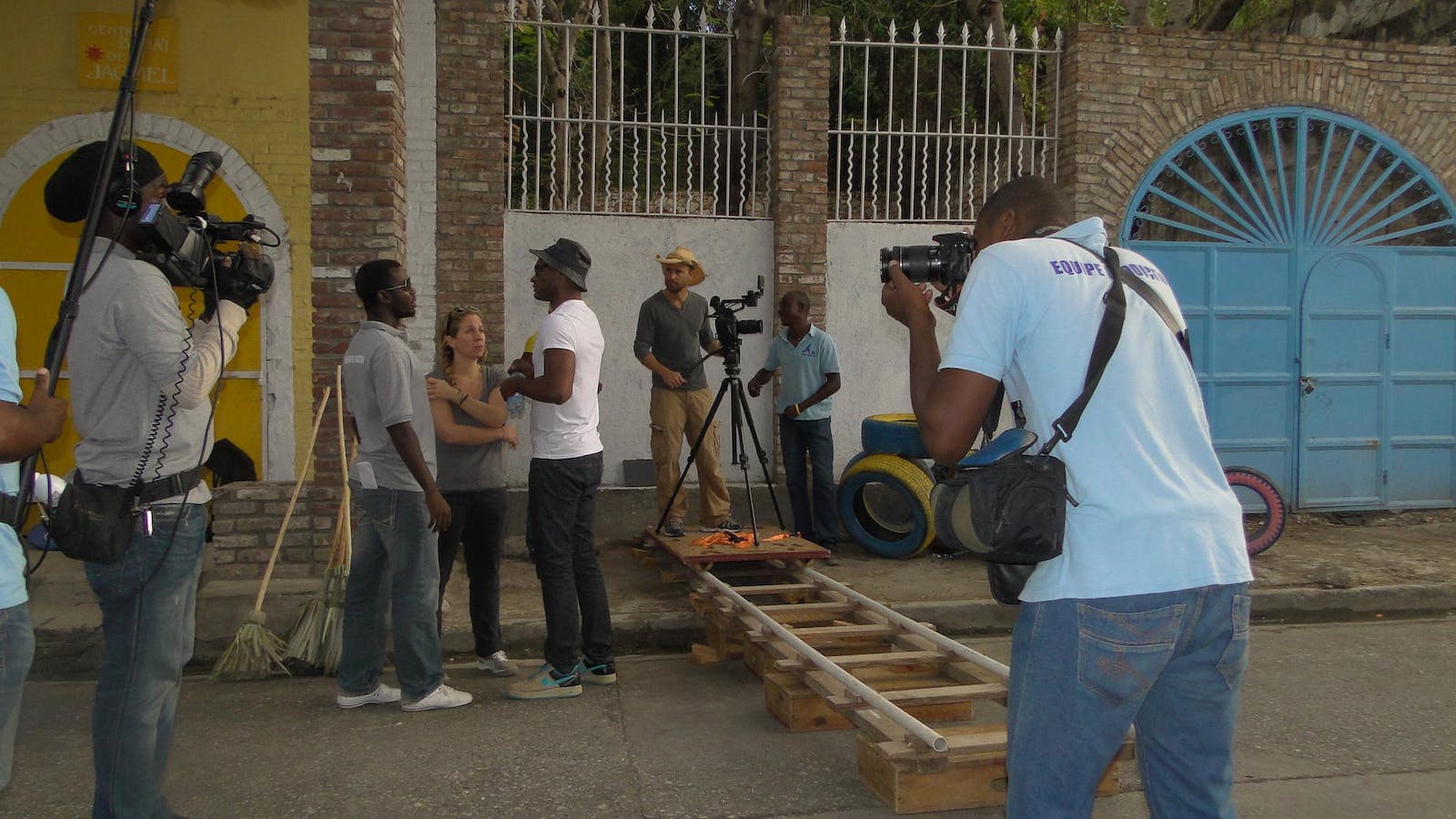
The School of Public Health’s Pandemic Center will host a screening of the new documentary “Shot in the Arm” Monday, Oct. 30 at 6 p.m. Directed by Scott Hamilton Kennedy and executive produced by Neil deGrasse Tyson, the film explores the history of vaccine hesitancy and its relevance in the context of the COVID-19 pandemic.
The film, which began as a project on measles before turning to COVID-19, features interviews with Anthony Fauci, former director of the National Institute of Allergy and Infectious Diseases, as well as interviews with “anti-vaccine activists.”
The screening is the first event in a year-long Pandemic Center initiative exploring “storytelling as a public health intervention,” according to the event description. Titled “Our Storied Health Film and Media Series,” the initiative will include film screenings, campus conversations and workshops.
“What’s interesting is that a lot of the successes in public health are invisible,” said Jennifer Galvin ’95, an epidemiologist and documentary filmmaker. “It’s not really just about science communication and making an infographic. It’s really about, ‘How do we shine a light on the unseen work of public health?’”
ADVERTISEMENT
“A documentary film, at its best, makes the invisible visible,” she added.
The screening at the Granoff Center for the Creative Arts will be free and open to the public, according to Bentley Holt, communications and outreach specialist at the Pandemic Center. It will be followed by a panel discussion with Galvin and journalist Maggie Fox.
The broader initiative is curated by Galvin along with Jennifer Nuzzo, Pandemic Center director and professor of epidemiology. The two met in graduate school at Harvard and are now reconnecting at Brown. “She and I have been talking about big ideas in public health for 20-plus years now,” Galvin said in an interview with The Herald.
The center’s program is part of Brown Arts IGNITE, a new University-wide initiative that includes a series of diverse creations across campus and Rhode Island.
“What was catalytic for us was the Brown Arts IGNITE funding opportunity,” Nuzzo said. “It was an important chance to put down on paper some ideas.”
“I don’t think we have yet fully embraced or learned how to harness the power of narrative and storytelling as one of our interventions,” she added.
Galvin said she is thrilled to be working with SPH on this project. She believes that the University’s interdisciplinary culture is the perfect environment to share her own work with filmmaking and public health, and she is excited to emphasize what the medium can convey to the world that more conventional public health interventions cannot.
Nuzzo echoed this sentiment: “Just talking to people about facts is not enough. … If we hope to change health behavior, we’re really going to have to reach people’s hearts and minds in addition to delivering facts,” she said.
This is what “Shot in the Arm” aims to accomplish. The film puts “a face on some of these problems,” Galvin said. It’s “all about combining thinking and feeling.”
Throughout the next year, the Pandemic Center’s series will explore the potential to use other art forms as methods of public health intervention. According to Nuzzo, each of these events will be followed by discussions about the topic at hand, which will not always be pandemic-related — in fact, most won’t be.
ADVERTISEMENT
The duo hopes to select future films that span all kinds of issues in public health: climate change, environmental injustice, the opioid crisis, gun violence and more.
They also wish to expand this initiative in future years by collaborating with other University departments and encouraging students of all interests and concentrations to be a part of the story, Galvin said.
In the immediate future, Galvin and Nuzzo are hoping this first event will extend far past the Brown community. “It’s also an opportunity to take down the gates and allow the larger community beyond our walls to come in and participate in those conversations too,” Nuzzo said.
Get The Herald delivered to your inbox daily.
